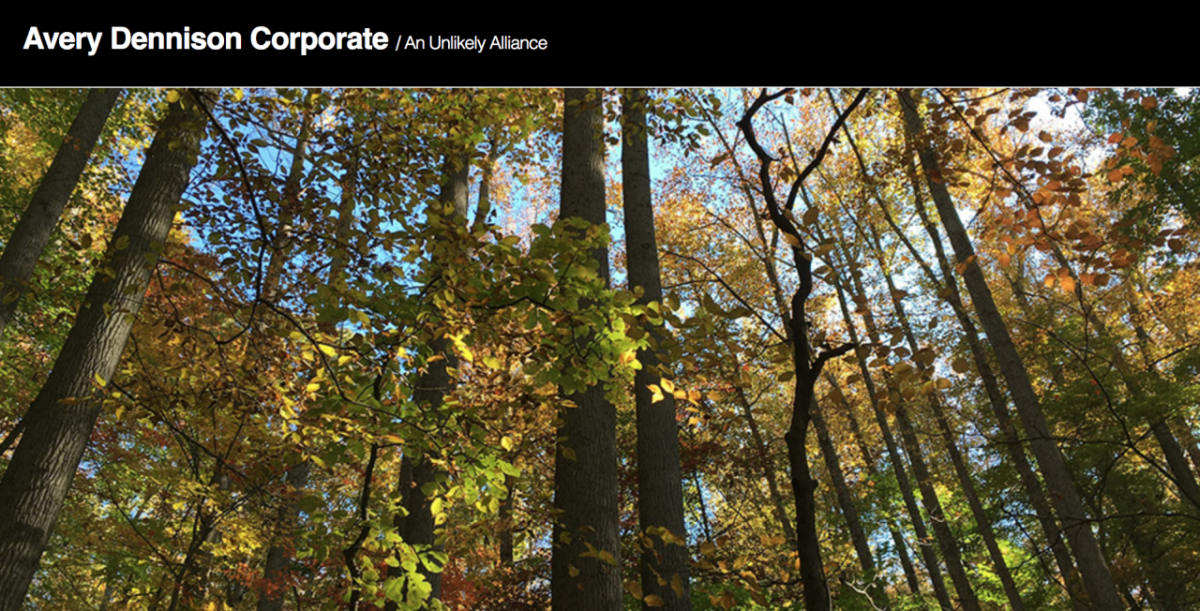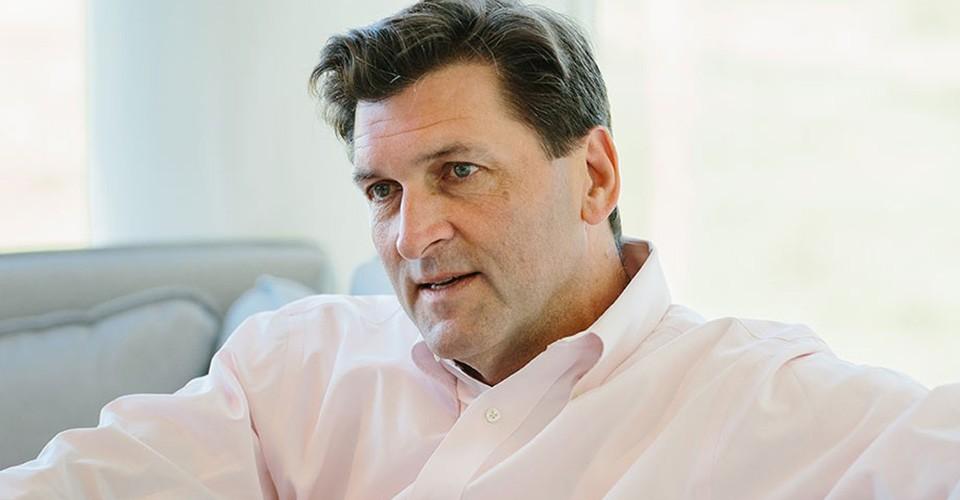An Unlikely Alliance: Why Paper Users and Paper Purchasers Can Be Among the Most Influential Forest Preservationists
"There is a fine balance between the need to conserve forests and the very real role they play as a resource to our economy."
An Unlikely Alliance: Why Paper Users and Paper Purchasers Can Be Among the Mos…
*This content originally appeared as a special guest blog post for the Rainforest Alliance.
This week, leaders in global forestry will gather in Vancouver, Canada for the General Assembly meeting of the Forest Stewardship Council* (FSC®), the voluntary certification scheme that is central to sustainable forest management. Individuals from industry, NGOs such as the Rainforest Alliance, government agencies and more will discuss how to advance responsible forest management and conservation practices and engage in collaborative decision-making to preserve and sustain the world’s forests.
It is not easy. There is a fine balance between the need to conserve forests and the very real role they play as a resource to our economy.
We ought to know.
Each year, Avery Dennison spends over $1 billion on paper purchases to make our products (things like the front and self-adhesive backing of labels), so a sustainable paper supply is vital to our business. But we are also acutely aware of the indispensable ecological role forests play in absorbing and storing carbon dioxide that might otherwise accumulate in the atmosphere and exacerbate global warming. We are a business to be sure, but we are also real people who are committed to ensuring that our society thrives and our natural resources are protected for future generations.
In many ways, we are uniquely positioned to manage this balance--creating opportunity to build a resilient and profitable company while also meeting the responsibility to be a good steward of the planet. Consider, for example, that one way to protect forests is to increase demand for sustainably sourced forest products, which will help curb conventional logging and harvesting of timber that has a detrimental effect on the environment.
When companies like ours—massive purchasers of paper—commit, as we have, to using FSC®-certified paper, our actions can encourage greater availability and use of FSC-certified paper, which in turn can foster more sustainable forestry. Of the nearly 900,000 tons of paper we procured in 2016, 45% percent was FSC-certified, 5% was certified to a standard endorsed by the Programme for the Endorsement of Forest Certification and 28% was assessed as low risk for key criteria such as forest conversion and traditional and civil rights. By 2025, we’re aiming to source 100 percent certified claim paper, of which 70 percent will be FSC–certified. Increased use of certified paper will also lead to cost parity industry-wide, further boosting and incentivizing responsible paper purchasing. We work closely with the Rainforest Alliance as a certifying body for our FSC commitments to help drive this mission.
We are learning that we can and should use our influence in other ways too, like protecting forestlands that are used for things other than paper production.
In 2016, we began supporting the Appalachian Woodlands Alliance, a partnership including the Rainforest Alliance and others to help small landowners in the southeastern region of the United States see the value of managing their lands according to FSC practices, which will still provide an economic benefit but via controlled, sustainable harvesting practices. Southeast Appalachia, which includes parts of the states of Kentucky, North Carolina, Tennessee and Virginia, is home to many small woodlands that have been held by families for generations. Historically, Appalachian woodland owners have tended to harvest timber just once or twice in their lifetimes, when it was time to send a child to college, say, or to retire.
But today, owners are increasingly being enticed to sell their lands to developers, who remove large swaths of trees at once for wood supplies needed to make homes and furniture. When the woods go, much that is irreplaceable—environmentally, economically and culturally—goes with them.
Changing this can be a challenge. It requires reaching out, owner by owner, and demonstrating how managing and harvesting woodlands sustainably can deliver returns as good as or better than conventional logging. Still, more FSC-certified forestland of any kind is a good thing. We have a part to play, inside our business, and outside, to ensure the future of our forests.
*The Rainforest Alliance is a founding member of Forest Stewardship Council and is a certifying body for products that carry the FSC seal.
You can read more about our sustainability efforts at www.sustainability.averydennison.com
Stay up-to-date on all the latest from Avery Dennison. Connect with us on Social Media.



